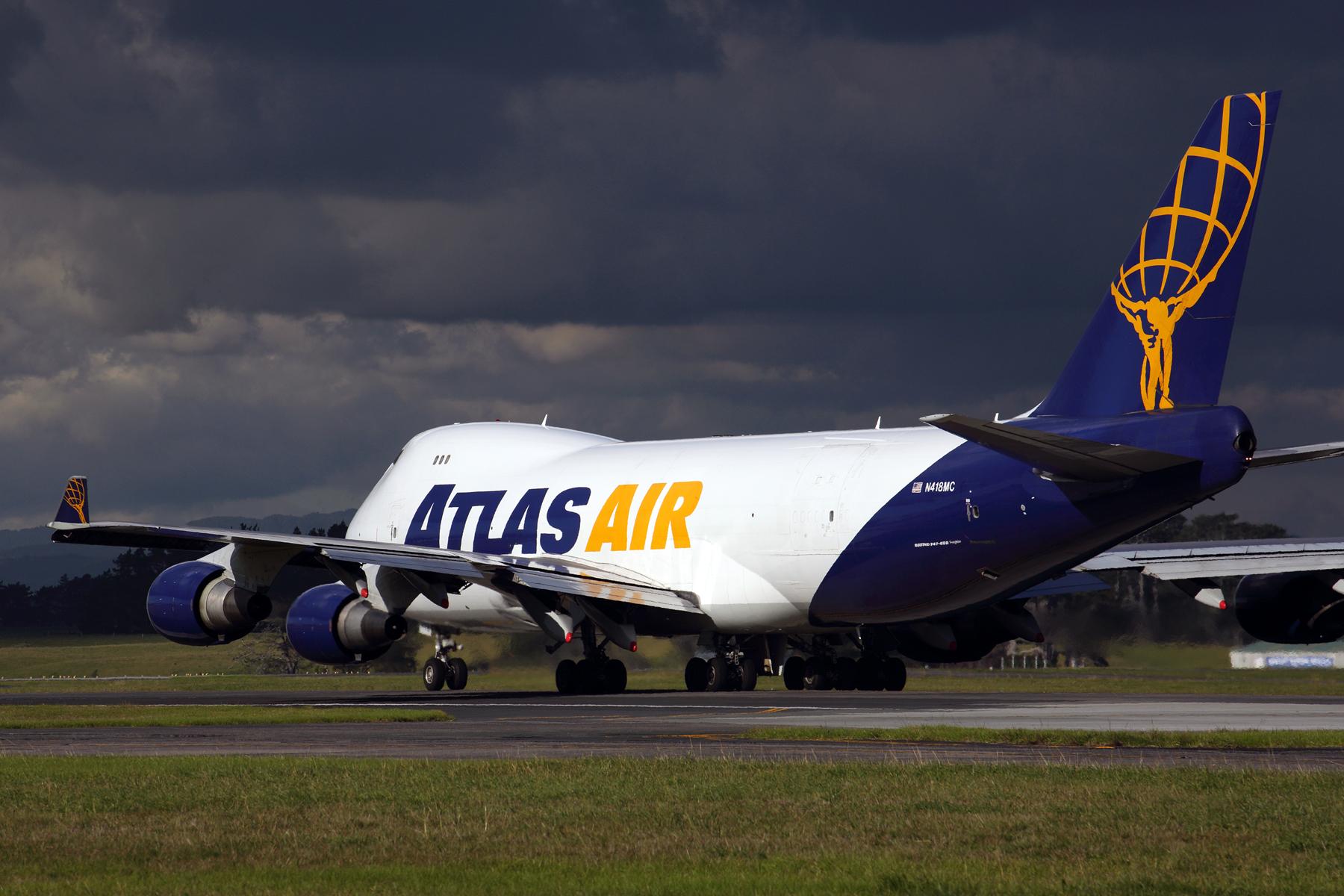
Atlas Air management predicts the company will double its profits in 2020 from a year ago, driven by continued high demand for air cargo during the COVID-19 pandemic.
The New York-based cargo and charter operator now expects an adjusted full year EBITDA of $750 million, on revenues of over $3 billion, which would leave it with a full year net income “being more than double that of 2019,” Atlas president and CEO John Dietrich said on the company’s 2020 second quarter (Q2) earnings call Aug. 6.
Atlas Air’s prospects have been boosted by a lack of passenger aircraft belly capacity and increased demand for e-commerce resulting from the pandemic. The company expects to fly more than 330,000 block hours in 2020, compared to 319,000 block hours in 2019. Cargo charter yields were up 22% in Q2 due to higher demand for air freight, and while yields have come down from their peak, management expects them to remain elevated through year-end.
“It’s a good time to be in cargo right now,” Dietrich said.
Atlas reactivated three 747-400 converted freighters and operationalized a 777 freighter from its dry leasing business during Q2, which enabled it to better serve the strong demand for air freight. The company also secured longer-term charter contracts at attractive rates with several large freight forwarders to ensure they have available capacity when needed, including DHL Global Shipping, Apex Logistics and DB Schenker.
“For prospective customers and existing customers who may be thinking about more aircraft, it’s an attractive proposition for them to fix their rates and do so on a market competitive basis,” Dietrich said of the new long-term charter deals.
Atlas saw a pick-up in payroll costs in Q2, owing to a deal reached with pilots in May providing a 10% increase in pay rates, as well as an interim agreement offering them premium pay to operate in certain foreign COVID-19 hotspots. Maintenance costs were also higher, as the company is accelerating engine overhauls and heavy maintenance events to capitalize on vendor pricing discounts and slot availability resulting from the downturn in commercial aviation.
Revenues from the U.S. military softened during Q2, as the various armed forces took precautionary measures to limit non-essential travel. Those restrictions have since eased, however, allowing military passenger and cargo flights to begin returning to pre-pandemic levels. Military operations typically comprise half of the company’s charter revenues, with the other half coming from commercial charter operations.
Atlas recorded an adjusted Q2 net income of $123 million, compared to just $4.5 million in Q2 2019. Total revenues rose to $825 million, from $663 million in 2019.





